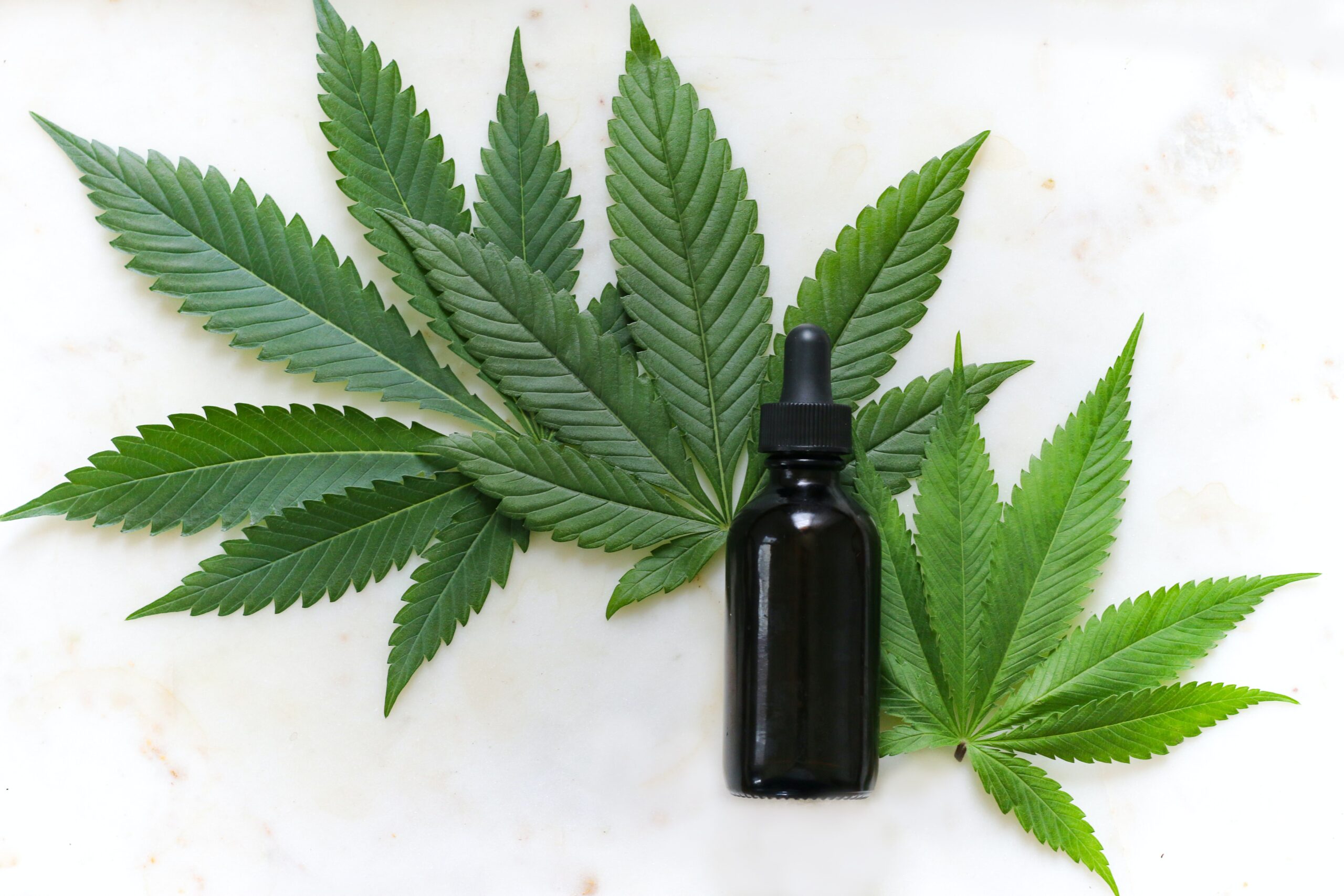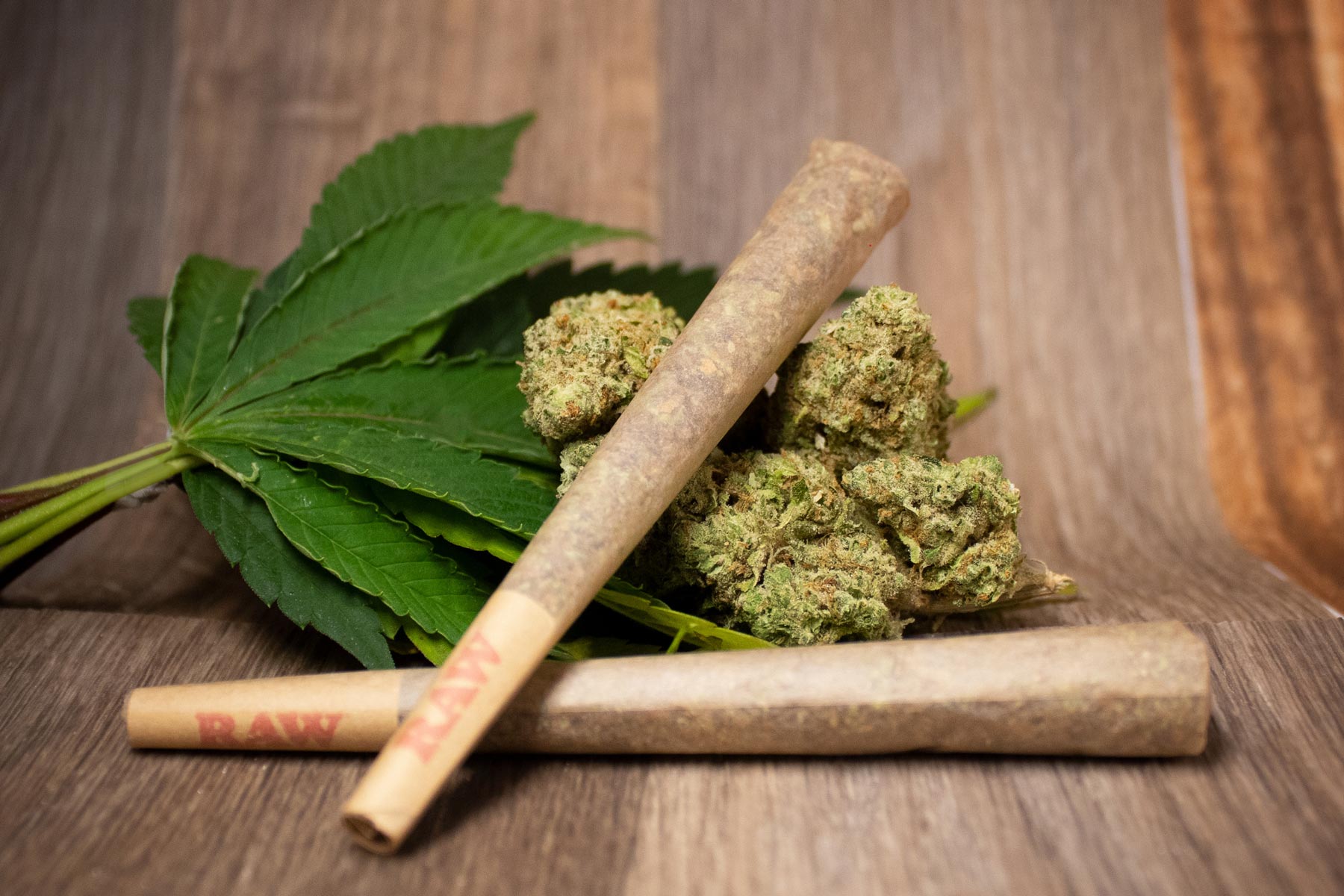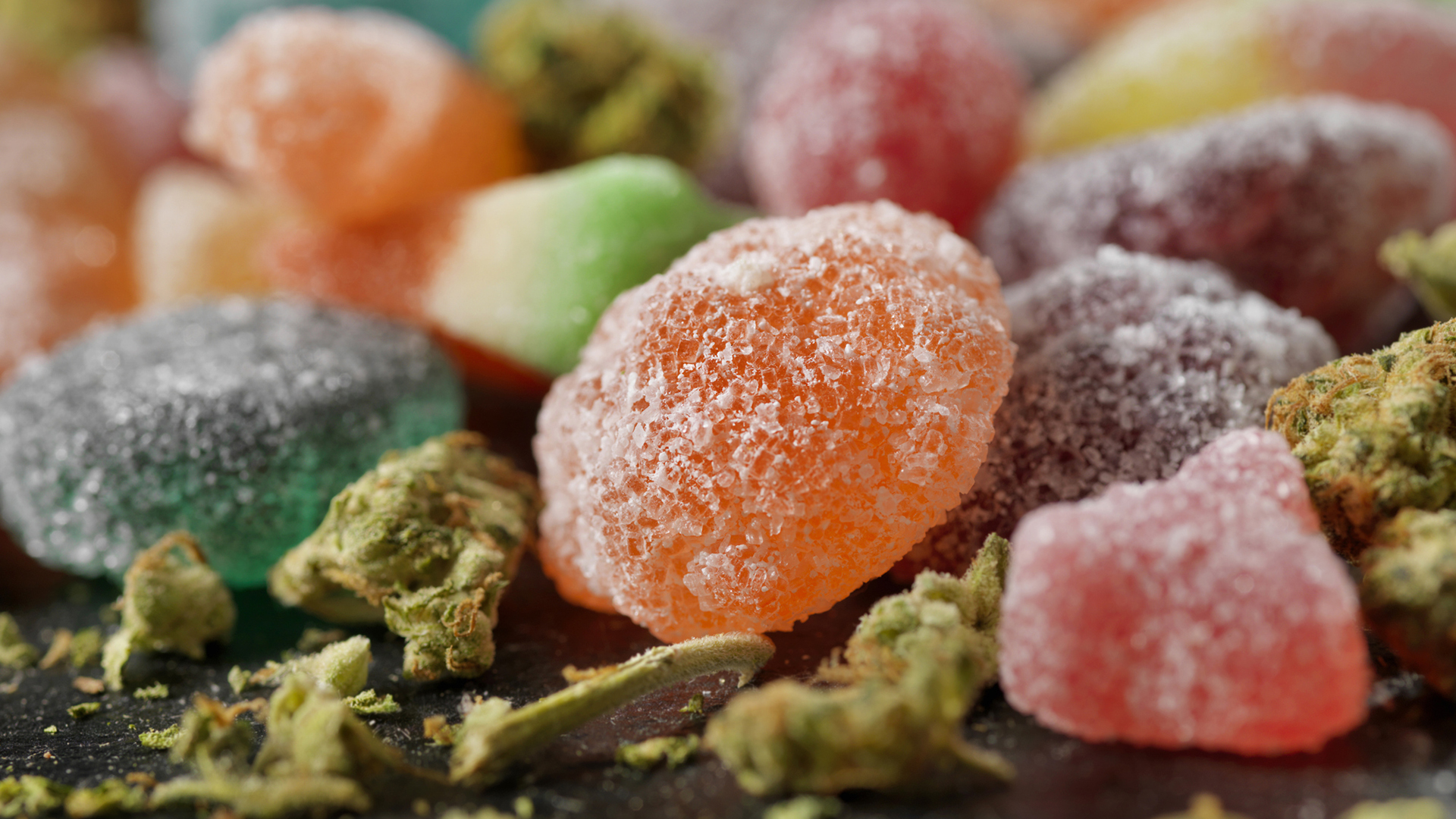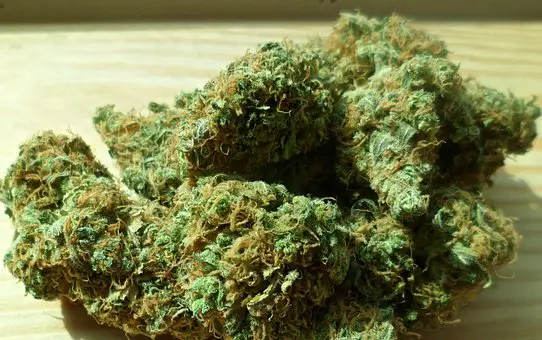Welcome to our guide on how to find your ideal CBD oil dosage! CBD oil has become increasingly popular over the years for its potential health benefits, ranging from reducing anxiety and stress to relieving pain and inflammation. However, with so many different potencies and products available on the market, finding the right dosage can be a bit overwhelming.
In this article, we will provide you with all the information you need to understand CBD oil potencies and how to find what works best for you. We will cover the basics of CBD oil, how to calculate dosage, and tips for finding your ideal dosage.
What is CBD Oil?
CBD oil is a natural supplement that is derived from the hemp plant. It is a non-psychoactive compound, meaning that it does not produce the “high” effect that is commonly associated with marijuana.
CBD oil is made by extracting the CBD compound from the hemp plant and diluting it with a carrier oil, such as coconut or hemp seed oil. It contains a variety of cannabinoids, including CBD, CBG, CBN, and THC (in trace amounts).
CBD oil has been shown to potentially provide a wide range of health benefits, including reducing anxiety and depression, alleviating pain and inflammation, improving sleep quality, and even helping to treat conditions such as epilepsy and multiple sclerosis.
Understanding CBD Oil Potencies
CBD oil is available in different potencies, which refers to the concentration of CBD in the product. Potencies typically range from 250mg to 2500mg or more, and can vary between different brands and products.
To understand CBD oil potencies, it’s important to know the difference between CBD and THC. THC is the psychoactive compound in marijuana that produces a “high,” while CBD is non-psychoactive and does not produce any intoxicating effects.
When it comes to CBD oil, higher potencies typically mean more CBD per serving. For example, a 30ml bottle of CBD oil with 1000mg potency will contain approximately 33.3mg of CBD per serving if you take one full dropper. However, a 30ml bottle of CBD oil with 500mg potency will contain only 16.6mg of CBD per serving if you take one full dropper.
Calculating Dosage
Calculating the right dosage for CBD oil can be a bit tricky, as it varies depending on a number of factors such as your weight, the condition you’re trying to treat, and the potency of the product you’re using.
To start, it’s recommended to begin with a lower dosage and gradually increase it until you find what works best for you. A general rule of thumb is to start with 1-6mg of CBD per 10 pounds of body weight. For example, if you weigh 150 pounds, you would start with 15-90mg of CBD per day.
It’s important to note that everyone’s body is different, so what works for one person may not work for another. It’s also recommended to consult with a healthcare professional before trying CBD oil, especially if you’re taking any medications or have any underlying medical conditions.
Understand the Difference between Broad Spectrum and Full Spectrum CBD Oil
When it comes to CBD oil, you may have come across the terms “full-spectrum” and “broad spectrum”. Both types of CBD oil contain a variety of cannabinoids, including CBD, but there is a key difference between the two.
Full-spectrum CBD oil contains all of the cannabinoids found in the hemp plant, including THC (in trace amounts). This means that it may provide the full range of potential health benefits associated with hemp, but it may also produce a psychoactive effect due to the presence of THC.
On the other hand, broad-spectrum CBD oil contains all of the cannabinoids found in the hemp plant except for THC. This means that it may provide similar health benefits as full-spectrum CBD oil, but without the psychoactive effects of THC.
The choice between full-spectrum and broad-spectrum CBD oil ultimately comes down to personal preference and individual needs.
Tips for Finding Your Ideal Dosage
Now that you understand CBD oil potencies and how to calculate dosage, here are some tips for finding your ideal dosage:
- Start with a lower dosage and gradually increase until you find what works best for you.
- Keep a journal to track your progress and any changes you notice in your symptoms.
- Be patient and give the CBD oil time to work. It may take a few days or even weeks to see the full effects.
- Consider the method of consumption. CBD oil can be taken orally, sublingually (under the tongue), or topically (applied to the skin).
- Experiment with different potencies and products to see what works best for you.
In conclusion, finding your ideal CBD oil dosage requires some trial and error. It’s important to understand CBD oil potencies, calculate dosage based on your individual needs, and be patient in finding what works best for you. With these tips in mind, you’ll be on your way to experiencing the potential health benefits of CBD oil.




